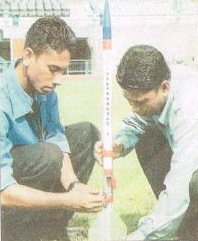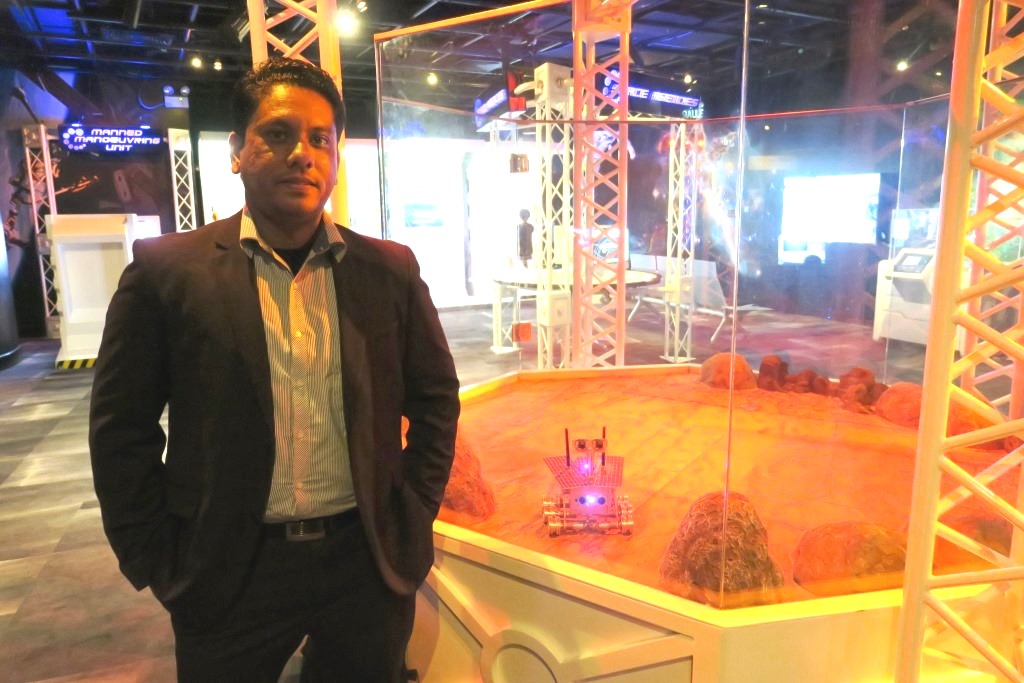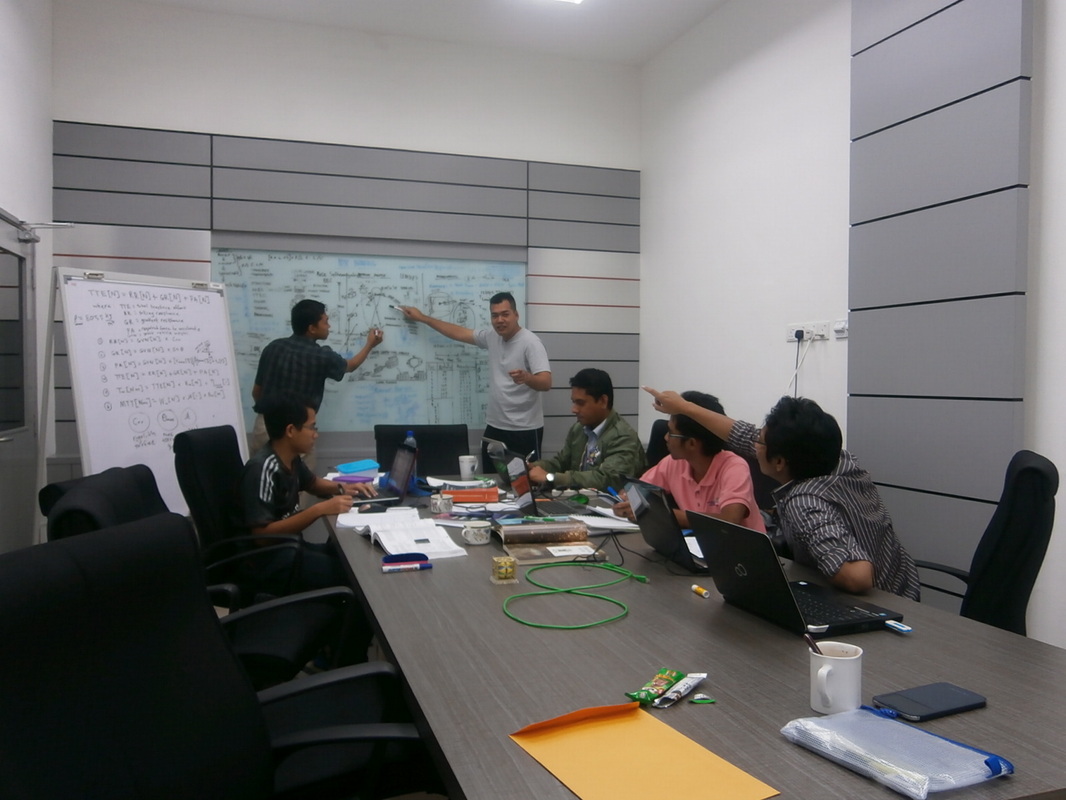Google Selects A Malaysian Team Out Of 8,000 Others For Their RM120 Million Moon Race!
"Big things have small beginnings."
Meet Mohd Izmir Yamin.
He is the founder of Independence-X Aerospace (IDXA), one of the 16 teams left in the exclusive Google Lunar XPRIZE programme.
The Google Lunar XPRIZE programme was first announced in 2007 to challenge and reward space entrepreneurs to create a new era of affordable access to the Moon and beyond.
Google has offered USD30 (RM120) million as the pool prize, where the winning team will be awarded USD20 million. To be the grand prize winner, the team must be able to land a privately funded rover on the moon, travel 500 meters, and transmit back high definition video and images.
IDXA is the only Malaysian team that made it as one of the 16 finalists from the world and is also the sole representative of Southeast Asia in the competition.
Izmir acts as the Team Leader of IDXA, a 30-member team. It is currently based in Technology Park Malaysia, Kuala Lumpur, Malaysia.
Izmir may be only 34 but the man has come a long way in changing Malaysia's aerospace landscape and innovating space exploration technologies
Izmir has always been interested in things that fly. When he was nine, he built his first handmade kite out of a newspaper and bits of a penyapu lidi, which is a broom made out of thin, wooden sticks.
Back in 2014, Izmir made headlines together with his university mates from Universiti Teknologi MARA (UiTM) when they spent RM230 to build the first Malaysian-made solid fuel rocket.
That same year, Izmir was nominated for the World Technology Award (Space Category) by Time and Fortune Magazine in New York City, alongside billionaire technopreneur Elon Musk, owner of SpaceX and Tesla.
Today, as the CEO of IDXA with various entrepreneurial achievements, Izmir will lead his team to not only accomplish the Google Lunar XPRIZE mission successfully by Q4 2017 but also ultimately transform Malaysia into a developed space nation and hub by 2020.
It has been a long and tough journey for all the teams in Google's Lunar XPRIZE competition, as they have been struggling with limited funding and manpower
In an interview with Malaysian Digest, Izmir revealed that Google has extended the deadline not once, but thrice as the circumstances of the situation did not make the project seem possible.
"The original deadline was at the end of the year of 2010, but it was not feasible, so it was pushed to 2012, 2015, and now 2017, because it was still not feasible," he explained.
"If you look at the scale of the cost, the US government has spent USD22 billion on the manned space programme, the Russians spent USD500 million on the unmanned programme, the Chinese spent USD180 million and India spent USD80 million. And then, there is us," he said.
Against all odds, IDXA have found their first donor but it will continue to be a challenge to raise enough funds without any government funding
"We got our first donor but it was on an individual basis. However, he is now trying to talk to his bosses so that they can sponsor a big chunk of the project and in return, we will plant their flag on the moon," he shared with Malaysian Digest.
To ensure that they have enough to conduct this privately funded mission, the team has been approaching like-minded corporate sponsors, in addition to launching a crowdfunding campaign.
"It's never easy to raise the funds, especially coming from this part of the world. Even American teams themselves are having problems," Izmir told Lowyat.NET.
Having made it this far into the competition, Izmir and his team is not about to give up
It has been an amazing journey for the IDXA team that has made tremendous progress to reach the final stages of Google Lunar XPRIZE since the competition opened in 2007.
"At that time there were 8,000 applications worldwide before it was narrowed down to 2,000 and ultimately 34 were selected," he was quoted as saying by Malaysian Digest.
"I’m still shell-shocked at what we’ve achieved as a team. For a small Malaysian team to reach the final 16 out of 8,000 teams is an amazing achievement on its own, but our vision is bigger than this and we’re not just stopping here."



